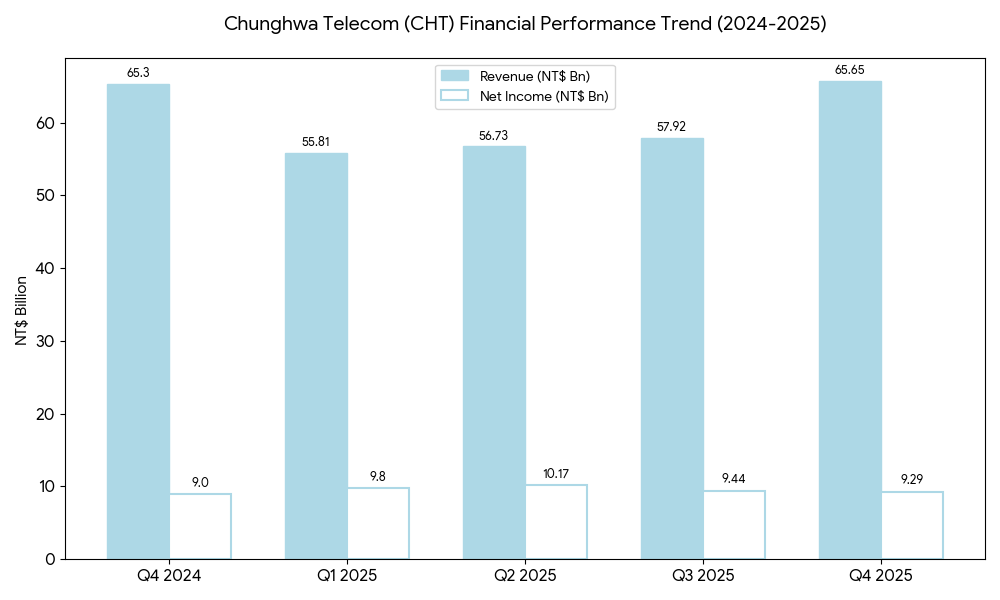Retirement freedom often comes with hidden fine print. Many Boomers think once they pick a new state, community, or benefit program, they’re set for life. But across the U.S., certain retirement programs require residency certificates or strict timelines that catch newcomers off guard. Missing these details can cost you tax breaks, housing spots, or healthcare access. Understanding these overlooked rules helps retirees avoid costly surprises.
1. State Residency Certificates That Unlock Tax Breaks
Several states, including Florida and Nevada, require formal declarations of domicile to prove permanent residency for tax purposes. Without filing these documents, retirees may still be taxed by their former states. According to Florida Department of Revenue, property tax exemptions and homestead protections hinge on official residency proof. Many Boomers miss these filings when relocating, losing key savings. Always confirm with your new state’s tax office after a move.
2. Limited-Residency Requirements for Senior Housing
Some senior living communities, particularly subsidized ones, have minimum residency durations before full benefits kick in. For example, HUD programs may require one or two years in a county before priority placement. Skipping fine print in lease agreements or community rules can jeopardize eligibility. Retirees moving frequently may struggle to meet these requirements. Reading every clause upfront ensures you don’t forfeit valuable housing opportunities.
3. Health Program Eligibility Based on Residency
Programs like Medicaid and certain Medicare Advantage plans rely heavily on where you live. Moving across state lines often requires reapplying or switching plans entirely. According to Medicare.gov, service areas vary, meaning a plan that works in one zip code may vanish in another. Some states also require proof of residency for home care waivers and in-home support. Always review healthcare coverage before relocating.
4. Tuition and Certification Rules for Retiree Learning Programs
Boomers taking college courses or continuing education classes sometimes qualify for senior discounts—but only with local residency proof. States like Texas and California offer free or discounted tuition for residents over 65 at public colleges. Without residency documentation, out-of-state rates apply. For retirees seeking second careers or hobbies through education, verifying address-based eligibility saves hundreds. Keep utility bills or lease agreements handy for verification.
5. Voter and License Deadlines That Affect Benefits
Residency declarations extend beyond taxes—they also influence civic and legal status. Updating voter registration and driver’s licenses within required timeframes is often tied to local benefit access. Some senior discounts or service eligibility programs require in-state identification. Missing deadlines can delay benefits or create confusion across agencies. A quick visit to your state’s DMV and elections office ensures compliance and peace of mind.
6. Why Boomers Overlook These Rules
Many retirees assume that simply changing addresses updates everything automatically. But legal residency and benefit eligibility often depend on formal paperwork—not assumptions. Conflicting state requirements can confuse even seasoned planners. Without clear guidance, Boomers risk losing healthcare continuity or property protections. Consulting local agencies after each move prevents costly oversights.
7. Steps to Protect Your Benefits Before Moving
Before relocating, list every program tied to your current address—taxes, Medicare, utilities, and voter registration. Call each relevant state agency to confirm residency transition steps. File domicile declarations and update identification early. Keep digital copies of every submission for proof. With proper planning, you’ll maintain uninterrupted access to all benefits.
Residency Rules Can Make or Break Retirement Plans
Certificates, declarations, and limited-residency timelines often hide in fine print. Boomers who skip these steps risk losing valuable perks and protections. Staying proactive ensures every move supports—not disrupts—your retirement strategy. Know the rules, file the right forms, and protect what you’ve earned.
Have you ever discovered a residency rule too late? Share your experience in the comments to help other retirees avoid the same mistake.
You May Also Like…
Seniors Paying Hidden Premiums Because of Zip Code Rules
What One Big Move Can Do to Lower Your Monthly Cost of Living
Congress Eyes Repeal: Changes That Could Shrink Senior Benefits
Inflation Relief Bill: What It Means for Fixed-Income Seniors
Choosing a Personal Injury Lawyer: Major Considerations


























